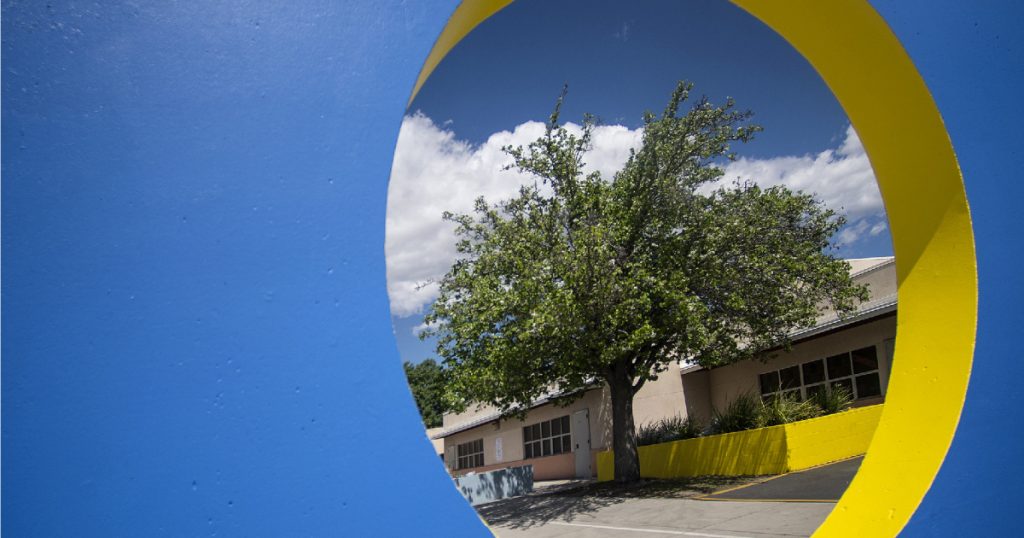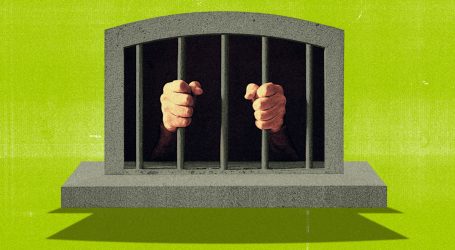Another Look at Reopening Schools
It’s empty now, but it should it stay empty next year?Cindy Yamanaka/SCNG via ZUMA
For indispensable reporting on the coronavirus crisis and more, subscribe to Mother Jones’ newsletters.A friend emails about my post this morning calling for schools to reopen next year:
You have been consistent in calling for opening at least elementary schools this fall, taking the position that it would be safe to do so. But there’s one thing that seems so obviously wrong with this calculation that I simply don’t understand how you arrive at this conclusion.
Won’t ANY teacher that becomes infected pass it on to the entire class? And won’t ANY child that becomes infected take it home and infect parents, grandparents and siblings? It seems like a terrible idea to me….I can’t see how we can possibly open schools this fall without disastrous outcomes. What am I missing?
Many people on Twitter had essentially the same question, phrased rather less politely. And it’s totally logical. You’ve got a large-ish gathering, it’s indoors, and kids aren’t especially reliable about the whole social distancing thing. Isn’t that the perfect petri dish for spreading the virus?
You’d think so, wouldn’t you? However, we have substantial evidence that closing schools has very little effect on the spread of COVID-19. First, there are studies that look at the effect of various countermeasures, such as this one:
There have been several other similar empirical studies, and they all conclude that school closures have little effect. (In fact, the study above suggests that closing schools might increase the spread of the virus.)
Second, there’s the experience of other countries. In Germany, which is the gold standard for responding to COVID-19, schools were reopened last May with appropriate precautions and it hasn’t been a problem. Ditto for Denmark and a few others.
I understand how frustrating this is. Logic suggests that reopening schools should be a disaster for both kids and teachers, but both empirical research and experience in other countries says it’s not. The problem is that, as near as I can tell, nobody can explain why it’s not a disaster. It just isn’t.




